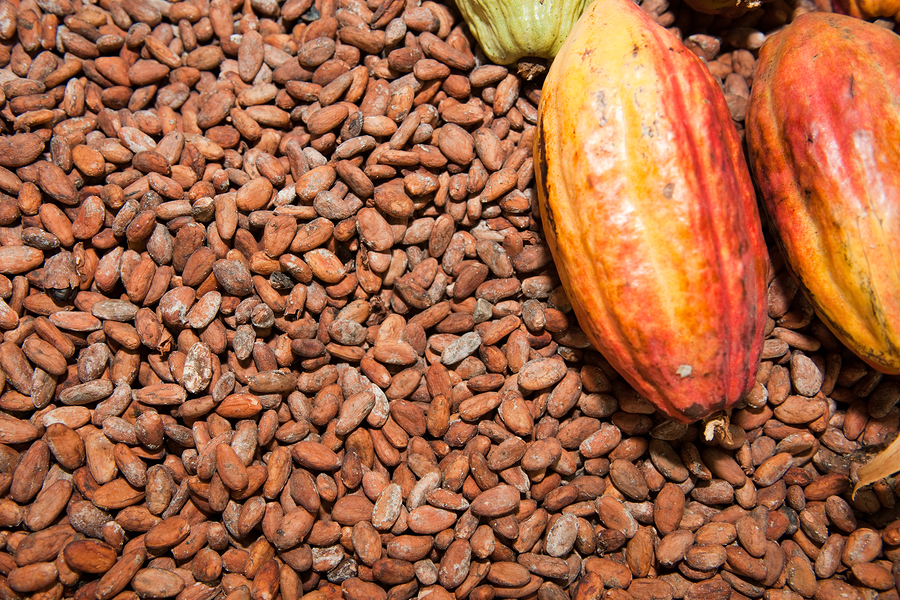Rejoice choco-lovers, another sweet article is ready! Although the creamy dark delicacy is available in many forms and varying degrees of sweetness, we have to agree that its darker form is loaded with nutrients that can positively affect your health. Let us explore the benefits of Dark Chocolate.

But first, Is it Cocoa or Cacao? Cocoa is anything made from roasted and ground cacao seeds. Cacao refers to the plant itself and the products made from non-roasted seeds.
Here are the known benefits of eating Dark Chocolate with 70% or more cocoa solids:
Made from the seed of the cocoa tree, dark chocolate is one of the best sources of antioxidants on the planet, even more so than blueberries and acai berries! Heart protective benefits have also been proven, as dark chocolate has been tested to increase good cholesterol, prevent insulin resistance and improve blood flow.
Containing plenty of potassium, phosphorus, and zinc, it is no wonder it boosts brain function and presumably scares away dementia.
The presence of vitamin A, B1, C, D, and E, plus iron and calcium, chocolate nourishes the skin from the inside out to replace lost moisture.
It also works as a skin detox, especially when combined with coffee! So don’t be afraid of ordering a shake or beverage with both ingredients.
Excellent stress reliever as it reduces the hormones that produce it in the first place.
Although it is not recommended that you add 100 grams of dark chocolate to your daily diet, we will use that figure to be more precise on the number of minerals dark chocolate features. Only 100 grams of dark chocolate provides 11 grams of fiber and contains percentages of the daily recommended intakes for the following minerals: 67% of iron, 58% of magnesium, 89% of copper and 98% of manganese.
In general, dark chocolate contains less sugar than in any of the other presentations, such as milk chocolate or white chocolate. The higher the percentages of cocoa solids the less sugar. Reading the nutrient label is recommended. In order to make the most of its nutritional values the average recommended daily amount is 20-30 grams of dark chocolate with at least 70% cocoa solids.
Did you know? Cote d’Ivoire is the world’s top producer of cocoa beans, representing 30% of the world’s cocoa. In the Caribbean, the top contender is the Dominican Republic, followed closely by Mexico.
Visit our post on the Benefits of cocoa for your body to read more interesting facts about cocoa.
Visit our Month Flavor section to read more about other culinary curiosities and recipes from your favorite destinations.








